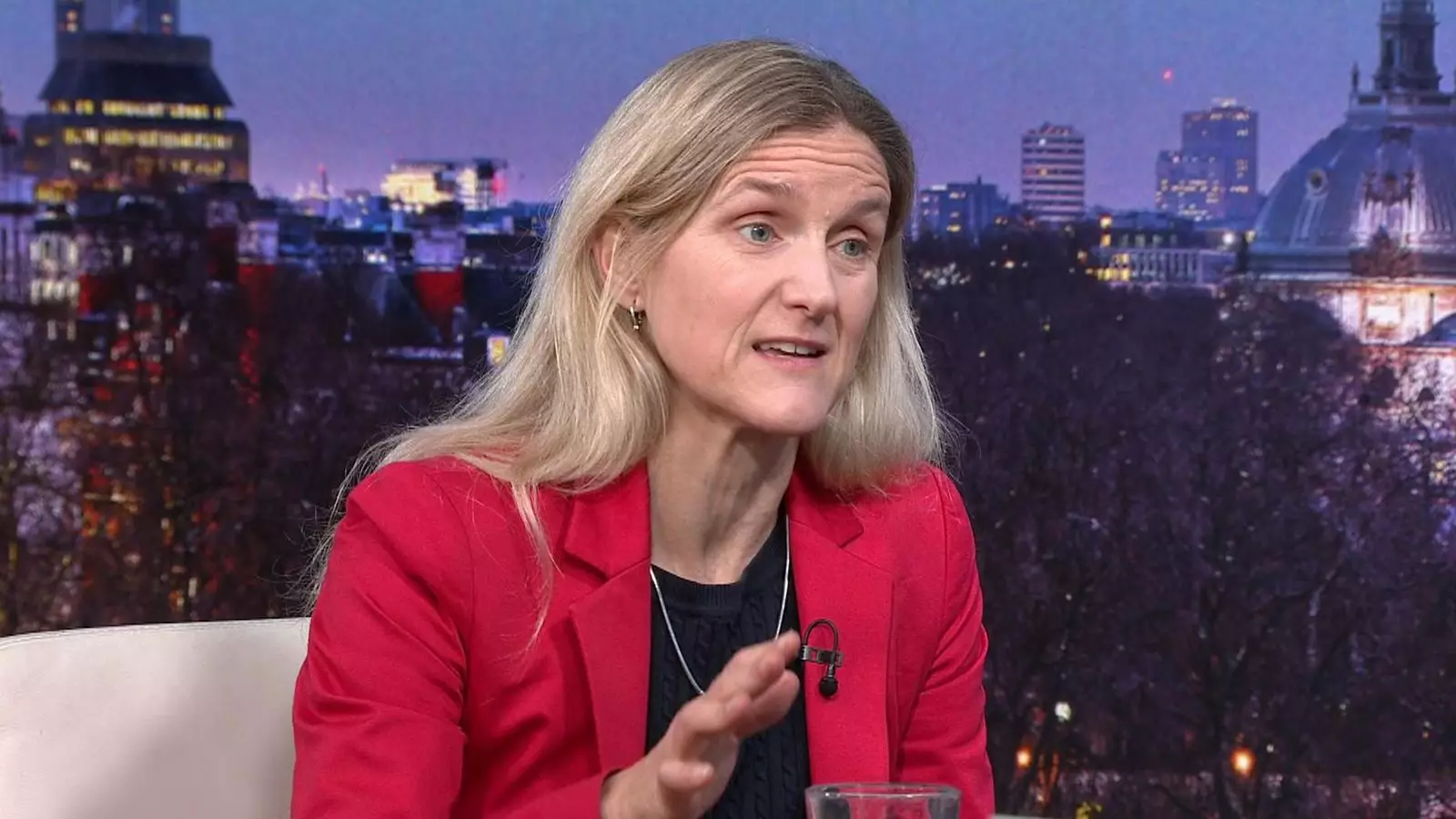In recent developments surrounding the contentious issue of assisted dying in the United Kingdom, Labour MP Kim Leadbeater has introduced a noteworthy revision to her Terminally Ill Adults (End of Life) Bill. This revision suggests a significant departure from the existing model requiring judicial approval from a High Court judge for assisted dying cases. Instead, Leadbeater proposes a multi-disciplinary panel composed of experts in the field, aimed at increasing the efficiency and expert scrutiny of such sensitive requests. This pivot reflects a growing sentiment among legislators to reevaluate the framework governing assisted dying, combining both legal and professional expertise to ensure the welfare of terminally ill patients.
The newly proposed system would appoint a three-member panel to review cases, which could include a retired High Court judge or King’s Counsel. Significantly, this panel’s decisions could be subject to review by the High Court, should a need arise. Such a structure aims to broaden the scope of professionals involved in deliberating these crucial decisions, integrating input from psychiatrists and social workers alongside legal experts. Leadbeater asserts that this “judge plus” system not only manages to uphold vital safeguards but also enhances them by involving a wider array of professionals who can assess the psychological and social implications of assisted dying.
While Leadbeater champions this approach as a robust enhancement to current safeguards, the reaction from across the political spectrum has been mixed. Critics argue that this model dilutes necessary legal oversight, with notable dissent coming from Tory minister Danny Kruger, who labeled the adaptation a “disgrace.” The shift has also drawn criticism from Labour MP Diane Abbott and former Lib Dem leader Tim Farron, who contend that the bill, in its rapid evolution, fails to adequately address the complexities and ethical concerns surrounding assisted dying.
The crux of the debate remains the preservation of essential safeguards against coercion and unjust pressure on vulnerable individuals. Critics express particular apprehension that the removal of mandatory High Court oversight may increase risks to those considering assisted dying. A valid point raised by organizations like the charity Mencap emphasizes the potential danger of encouraging individuals—particularly those with learning disabilities—toward a decision they might not genuinely desire. This notion underscores the fine balance that must be struck between personal autonomy and protective measures for those who may be susceptible to external influences.
The proposed Voluntary Assisted Dying Commission serves as another layer in this complex structure. Tasked with overseeing applications, this commission is intended to maintain quality control and ethical standards in the decision-making process. The mandate that two independent doctors must corroborate each application reinforces the bill’s intent to ensure informed consent and voluntary participation without undue pressure.
As this bill moves forward through parliamentary processes, with a committee set to scrutinize it line-by-line, the outcome will undoubtedly hinge on the balance of perspectives among lawmakers. With a slim majority favoring assisted dying based on past votes, the division remains palpable. Lawmakers are tasked with grappling not only with the intricacies of the legislation but also with the broader ethical and societal implications.
Public sentiment is another crucial variable in this ongoing discussion. The topic of assisted dying can invoke passionate responses, frequently shaped by personal experiences and cultural perspectives. As the dialogue evolves, it is essential for lawmakers to engage transparently with constituents, seeking a deeper understanding of the legislative proposals in play and the values they embody.
As debates around the Terminally Ill Adults (End of Life) Bill continue to unfold, the proposed changes mark a potentially transformative moment in the legislative approach to assisted dying in the UK. Balancing legal scrutiny with a multi-disciplinary perspective promises to refine how these sensitive matters are addressed, yet it also brings to the forefront vital discussions about ethical care and the rights of the terminally ill. The road ahead will require careful navigation to ensure that any advancements uphold the dignity and rights of individuals, while also addressing the concerns of those advocating for rigorous protections against potential abuses. As discussions progress, lawmakers must focus equally on legal frameworks and the very human experiences tied to the concept of assisted death.

